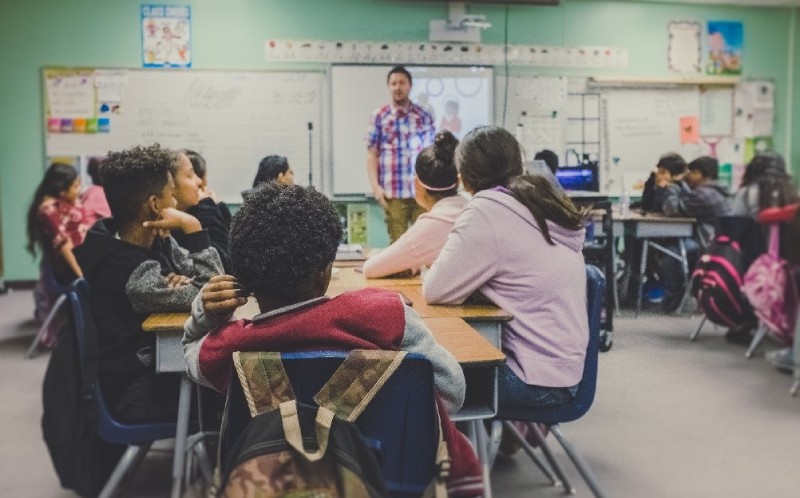A Decade of Unsafe Schooling: The Effect of School Shootings On Children’s Mental Health

The United States has witnessed a disturbing rise in school shootings in the past decade, making the safety of our children in schools a pressing concern. The impact of such tragic events on students, parents, and educators can be devastating to their mental and physical health.
In this blog, let’s discuss the lasting effects of school shootings on the mental health of children and potential strategies to help them cope with the traumatic experiences.
Heightened Anxiety and Fear
Research shows that school shootings cultivate fear and anxiety among students. The increased stress caused by the constant worry for personal safety ends up affecting their academic performance and quality of life. Many institutions introduced routine lockdown drills after the rise in school shootings, which resulted in instilling anxiety in children and making them feel they are in constant danger.
Individuals who are exposed to violence at a young age often find concentrating on anything a very challenging process. Teens have been observed to struggle academically, often leading to a decline in their educational progress. It is an educator and caregiver’s responsibility to help students in such a difficult situation by providing the necessary support required to focus on their studies, well-being, and future.
Students who witness/survive a school shooting are observed to suffer from Post-Traumatic Stress Disorder (PTSD). This condition can give them extreme anxiety, nightmares, flashbacks, and intrusive thoughts. It is a lingering trauma that leaves a deep-rooted impact on their mental health.
School shootings can have long-term mental health consequences on children. However, with the help of interventions and support systems, we can equip them with the necessary tools and coping strategies to give them room to heal, learn, grow, and persevere.
Mitigating the Mental-health Impact
Books such as Teen Anxiety: Drop the Rope by Dr. Kinnari Birla-Bharucha give us a rare insight as well as working strategies to help teens with anxiety build resilience in the face of adversity.
Schools should offer counseling services that utilize the tools mentioned in this book and help students process their emotions. By identifying early signs of students struggling emotionally and intervening timely, we can play a crucial role in their healing process.
Dr. Kinnari Birla-Bharucha teaches us that the amalgamation of each child’s unique brain development and environment makes up for how they feel, act, and think. She explains trauma as any event in life that poses a threat to our safety and potentially places our own lives or the lives of others at risk.
You might ask, “What happens when teens experience trauma?” Trauma in teens is associated with higher rates of depression and anxiety and lower academic achievement.
Teen Anxiety: Drop the Rope by Dr. Kinnari Birla-Bharucha explains in depth the complexities of Cognitive Behavior Therapy (CBT) and Acceptance and Commitment Therapy (ACT) and how they can help manage anxiety.
If you are a parent or a student struggling with anxiety, reading Teen Anxiety: Drop the Rope will empower you to take control of your anxiety and say hello to a better and improved you.